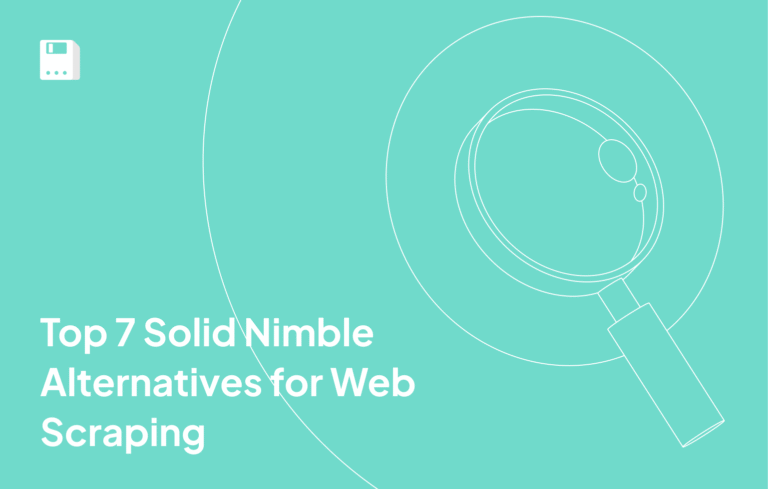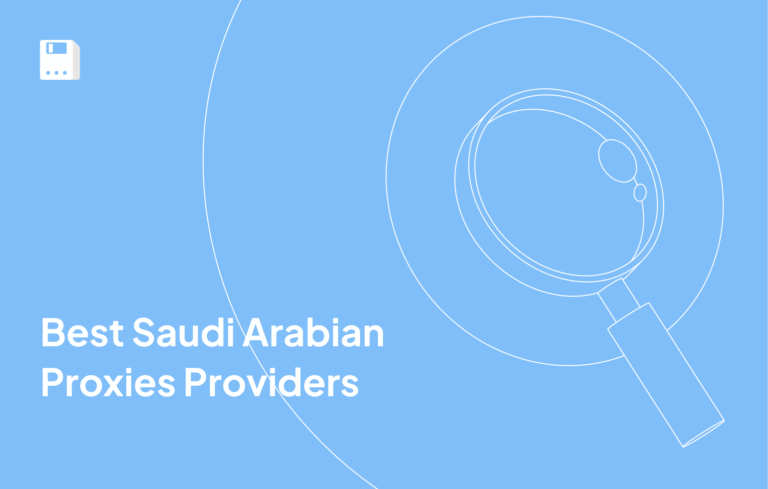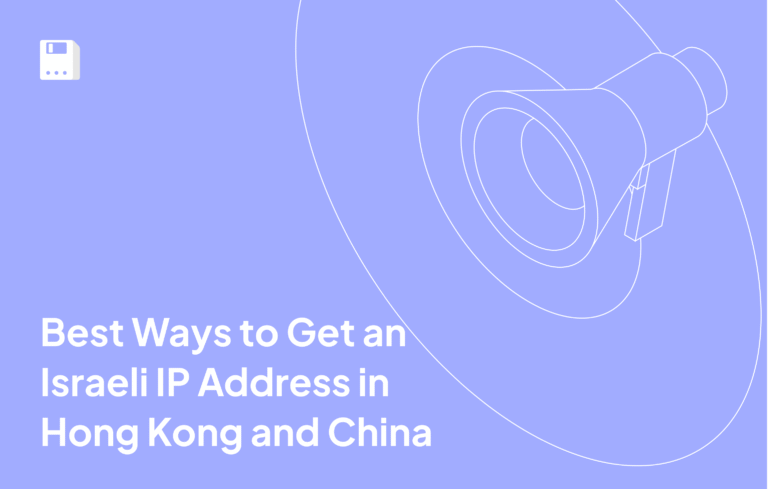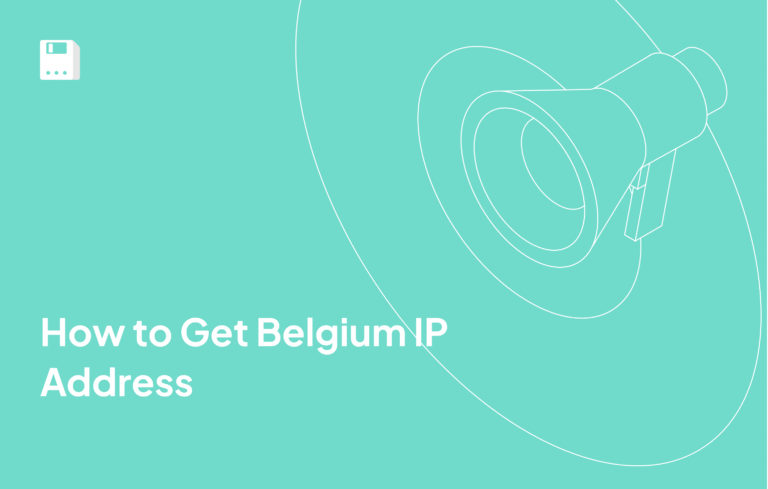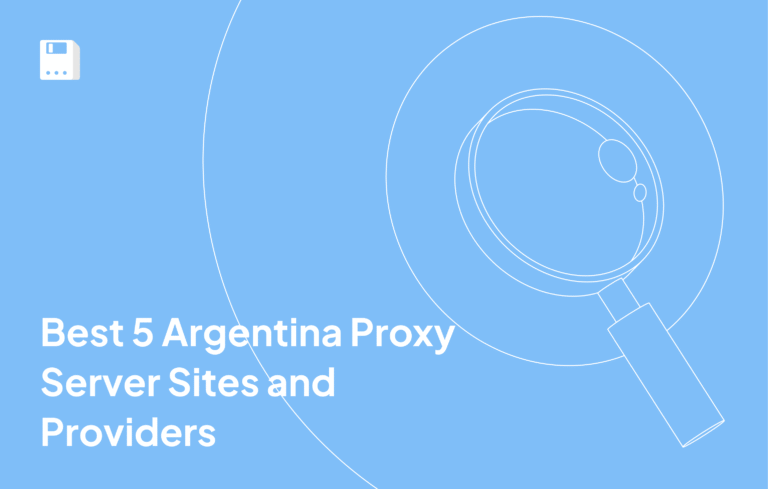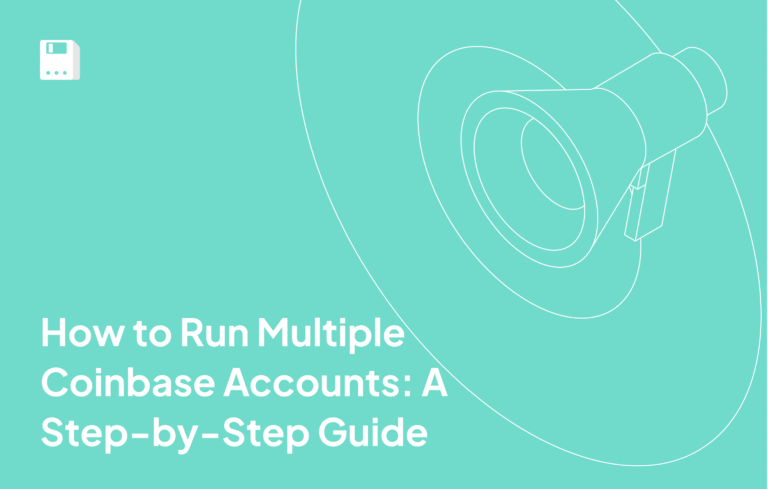Nimble is one of the providers known specifically for residential proxies. It also has a good number of locations and countries under its coverage. Thus giving customers a wider array of choices.
However, the most obvious downside of Nimble is its specificity on residential proxies. Meanwhile, some prefer mobile or datacenter proxies, depending on their use.
Apart from that, there are other standpoints where Nimble is weak, but its alternatives are strong. This is why scraping engineers who have used Nimble often look for better Nimble alternatives.
If this is your case, then you are in the right spot. In this blog, we will go through 7 solid Nimble competitors or alternatives you might want to check out.
What is Nimble?
Nimble is a B2B data extraction company that has been in existence since 2021. There are 2 major sides to Nimble, depending on the needs of each user. The first side is the web API, which can be used to access any website, despite any form of bot protection it might have had.
The second flagship product of Nimble is its proxies, which are useful for businesses to surf the internet anonymously for privacy and access geo-restricted content.
Flagship products aside, it is positioning itself as a better alternative and strong contender to legacy browser libraries, such as Selenium and PlayWright. Nimble boasts of many features, such as built-in proxies, AI-powered stealth technology, as well as ability to handle huge enterprise loads without breaking.
In addition, it is capitalizing heavily on the AI meta by building tools for its customers to easily use AI in their workflows. For example, it has its custom MCP, which helps customers to easily connect their Nimble account to their AI agent for smooth development and scheduling of activities.
To enhance the use of its MCP, Nimble also built a Browser agent; users can use it to perform more complex tasks that a usual Python bot might not effectively perform, especially if it relates to using intuition.
That said, Nimble has a clean dashboard to manage workflows, track API and proxies, and give users a one-stop shop to oversee how they are using the product.
Pricing
Nimble operates 2 types of pricing:
- Pay-as-you-go Model
- Time-based model
For the Pay-as-you-go, the pricing goes from $1 to $8. The other type of model starts at $150, and the most expensive plan goes for $3k.
Pros vs Cons
| Pros | Cons |
| Fast response rate | Doesn’t support crypto payment |
| Has langchain integration | Only residential proxies |
| Has browser agents | Not all plans can customize headers |
| Has browserless drivers | |
| Quality residential proxies | |
| 2 pricing models, including PAYG | |
| Clean dashboard for analytics reporting | |
| Has a free trial | |
| Has an MCP for LLM connection |
1. FloppyData
FloppyData, a competent Nimble alternative, is a popular name in the proxy industry and web scraping industry. It is the perfect proxy provider among top web scraping engineers, account managers, and SEO managers.
Remember, Nimble only has residential proxies. FloppyData goes a few steps further by offering residential, datacenter, and mobile proxies.
Once you buy proxies, you can easily create pools and run your operations. By the way, FloppyData is currently running the beta of its new Residential Static proxies with blazing speed and stable connectivity.
Similar to Nimble, FloppyData offers a useful graphical analytics dashboard to track how you’ve used your requests, speed rate, and success rate easily.
Why choose FloppyData?
- Has mobile, datacenter, and residential proxies
- Approximately 100% success rate
- 99.999% uptime rate, so requests always go through
- 0.2 seconds average speed
- Natively integrated with major browsers, OS, and browser libraries
- Standby human support
Pricing
FloppyData operates a transparent pay-as-you-go model, which is ideal, so users will only pay for the proxies used and nothing more. The price of the proxies ranges from $0.9 to $2.95 per Gigabyte.
Pros & Cons
| Pros | Cons |
| Has all types of proxies | No native AI agent support |
| 95% clean IP rate | No free trial |
| Has proxies for close to 200 locations | |
| Accepts crypto payment | |
| Gives a refund when necessary | |
| 0.2 seconds average speed | |
| 99.999% uptime rate |
2. Tab Proxy
Tab Proxy boasts over 200 million different proxies across approximately 195 countries worldwide, making it a strong contender as a Nimble alternative. It has fair technical documentation for you to quickly find your way around the product.
Among all the providers, Tab Proxy seems to show an impressive amount of care for each customer by assigning an account manager to each one of them, even those on a free plan.
However, Tab Proxy shares a similar pitfall with Nimble: it offers major support for only residential proxies. If you know you’re looking for mobile proxies, specifically, this is not the right provider for you.
Similarly, it doesn’t have progressive support for AI scraping and coding tools. Meaning it might not quite fit into your workflow if you’re so hinged on using AI agents.
Pricing
The pricing varies depending on the product in question.
- Rotating proxy – $0.77/ week
- Static residential proxy – $3/ week
- Unlimited residential proxy – $66/ day
- Dedicated datacenter proxy – $2.5
Pros & Cons
| Pros | Cons |
| Has 200M proxies | No support for AI scraping tools |
| proxies in about 195 locations | No support for mobile proxies |
| Accepts crypto | No reviews on review platforms |
| Circumvents web blocks | |
| Supports numerous concurrency | |
| No limit on subaccounts |
3. LunaProxy
LunarProxy is one of the most resourceful proxy providers among account managers and web scrapers. First of all, it claims to have 200M+ proxies across 195 countries, with city-level precision. It also has 5200 servers to handle scalability through load balancing.
In addition to proxies, LunarProxy offers scraping APIs that customers can use to safely extract data from the web. Interestingly, the universal scraping API is free, even though in reality, you will have to pay to return requests of more than 1k load or results.
However, LunarProxy surprisingly doesn’t have a clear analytics reporting system for users to effectively track how they are using proxies.
Pricing
The pricing depends on whether you want limited or unlimited traffic. For the limited traffic, the price ranges from $0.7 to $3.3 per Gigabyte.
Moving to the unlimited one, which was designed for LLM operators who don’t want interruptions, the price ranges from $252 to $4750.
Pros & Cons
| Pros | Cons |
| Wide proxy coverage | No clear analytics dashboard |
| Has different types of proxies | No AI agent alignment |
| Has scraping APIs | Price is not friendly enough for retail users |
| Supports many payment methods | |
| Has a feature to create a whitelist | |
| Has a Chrome extension |
4. ASocks
Some low-quality proxies can make you get banned or blocked, and the ASocks team built their proxies to save users from this headache.
ASocks claims to have its infrastructure for generating and managing clean proxies that are active. Not only that, their proxies have around a 99% success rate.
At the moment, there are over 7 million proxies on the platform, and the pool is being updated regularly to give customers broader choices. This is the reason some view them as a better Nimble competitor.
The major pitfall of ASocks is that it doesn’t have ISP proxies. Of course, this is fine for anyone who just wants to use any proxy. However, it won’t suit your purpose if you want to, for example, use ISP proxies for a particular scraping operation.
Pricing
Here is how the pricing works: you can either get unlimited proxy or pay by traffic, and it’s all a monthly payment. For the unlimited proxy, you’ll pay between $0.75 and $0.95. While the traffic plan is PAYG, or an average of $1000.
Pros & Cons
| Pros | Cons |
| Has great reviews globally | Lacks robust documentation |
| Has city-level proxies | No free trial |
| Procies can be whitelisted | No ISP proxies |
| Has 7 million proxies | |
| Supports 150 locations |
5. SOAX
Among other reasons, proxy users love SOAX because of its customizable proxy refresh feature. This way, you can be sure that your proxies will neither stall nor lag, as they’ll constantly be refreshed.
This goes a long way in ensuring the stability of your operations. It also has sticky and rotating proxies. SOAX has also been a one-stop shop for private web surfing and data scraping.
Not long ago, it introduced its Web Data API that scrapers can use to extract data from any website, regardless of its bot protection. SOAX acquired another proxy firm recently, which shows it’s quite a mega provider.
Pricing
It operates PAYG and monthly subscription models. The former goes from $2 to $3.6. While the former is $90 to $1600.
Pros & Cons
| Pros | Cons |
| Proxies can be automatically refreshed | Lacks solid documentation |
| Supports many protocols | |
| Can target down to cities | |
| Supports all types of proxy | |
| Has free proxy tools | |
| Has a scraping API |
6. Decodo
Back in the days, Decodo was known as SmartProxy, and it rebranded in the bid to show its new product suite, identity, and strategic positioning. If you want proxies across about 200 locations and 125 million pools of proxies, then you might be interested to know more about Decodo.
It’s a sure Nimble alternative due to its speed and efficiency. Like other providers nowadays, it has also dabbled in procuring and selling scraping APIs, which it has developed into a new product suite.
On the pricing side of things, Decodo tends to be on the equilibrium of both enterprise and retail, by trying to pitch its tent at amounts that both its target audience will feel comfortable to dispense.
Pricing
Decodo only operates a PAYG model with prices ranging from $0.08 to $1.5 per gigabyte.
Pros & Cons
| Pros | Cons |
| Has comprehensive documentation | Has no free trial |
| Has several scraping API endpoints | No no-code support |
| Has many proxy types | |
| Has an MCP for agentic development | |
| Has a refund policy |
7. Scrapeless
Scrapeless is a Nimble competitor in the block. It’s primarily focused on data extraction, providing engineers with web unblocking APIs for their scraping operations. Proxies are quite a side attraction, and it shows. First of all, Scraperless only supports residential proxies. Thus, it’s not your choice if you want other types of proxy.
Secondly, there is an unimpressive speed with the proxies as they lack GeoDNS support. Similarly, the proxies neither automatically rotate nor refresh. While their scraping API might be one of the best in the market, their proxies are not sophisticated enough for power users.
From the pricing side of things, all the plans on Scrapeless are less than $400, which is both affordable and probably worth the quality of their product.
Pricing
The pricing is friendly, as it is within the range of $49 to $399.
Pros & Cons
| Pros | Cons |
| Clear service pricing | Only residential proxies |
| Has a free trial | Shallow documentation |
| Has a great scraping API | Lacks GeoDNS support |
| Offers discount |
Conclusion
Nimble is indeed one of the high-flying proxies in the market. In this short blog, we’ve highlighted the strengths of Nimble as well as its weaknesses.
As a result of its weaknesses, we’ve looked over competent Nimble alternatives you might want to check out. Out of all these other providers, FloppyData stands out as a 1-on-1 Nimble competitor because:
- It has a 95% clean IP rate
- It has other types of proxy
- Has an almost 100% success rate
- You only pay for what you use, as opposed to only monthly subscriptions
- You can specify the connection protocol you want to use for your proxy
You can click here to get started on FloppyData!
FAQ
Why is FloppyData the preferred choice among Nimble competitors?
FloppyData leads with diverse proxy options - residential, datacenter, and mobile - plus nearly 100% success rate, 99.999% uptime, rapid ~0.2-second response time, transparent pay-as-you-go pricing (from $0.90–$2.95/GB), and seamless browser/API integration.
What are the top alternatives to Nimble for web scraping?
The leading Nimble alternatives include:
- FloppyData
- Tab Proxy
- LunaProxy
- ASocks
- SOAX
- Decodo (formerly SmartProxy)
- Scrapeless
These providers offer broader proxy types and more advanced features.
Share this article:
Table of Contents
Proxies at $1
Get unlimited possibilities

